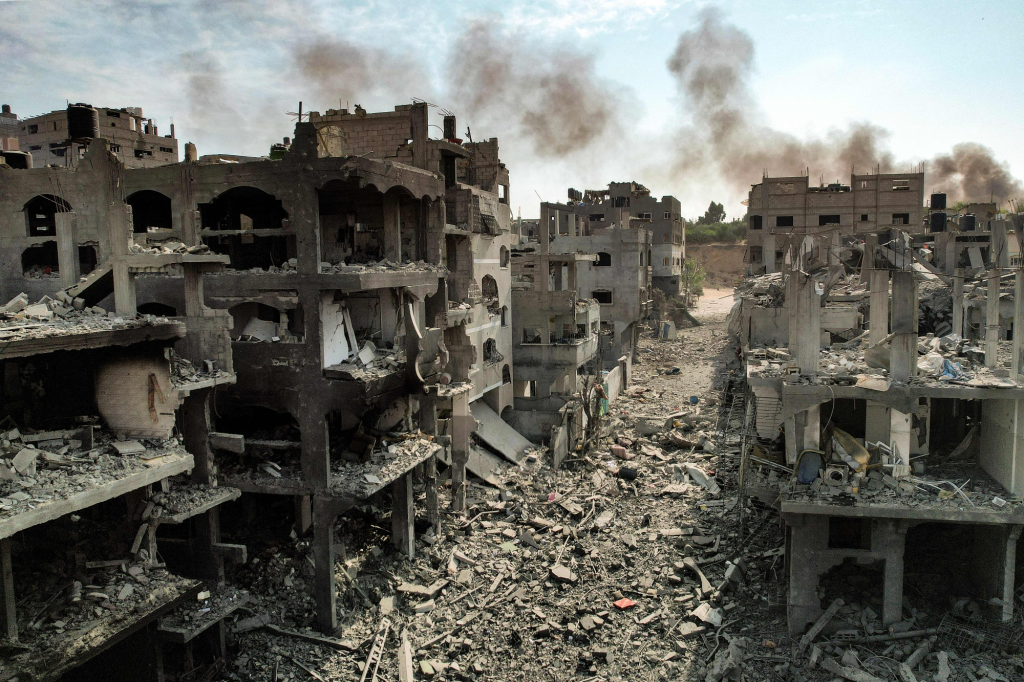
China’s top diplomat Wang Yi held telephone talks with the foreign ministers of Egypt and Jordan, condemning the assassination of Hamas political leader Ismail Haniyeh in Tehran on July 31. Wang Yi called on different parties to work together to prevent the conflict from escalating and form an international coalition to achieve a ceasefire in Gaza.
Hamas has named Yahya Sinwar, a hardliner, as Haniyeh’s successor, and Arab countries hope China can play a crucial role in easing tensions by acknowledging Chinese efforts at regional reconciliation, experts say.
China’s Foreign Ministry released details of Wang Yi’s talks with Egyptian Foreign Minister Badr Abdelatty and Jordanian Deputy Prime Minister and Foreign Minister Ayman Safadi. Wang reiterated China’s opposition to Haniyeh’s assassination and stressed that retaliation only perpetuates a cycle of violence.
Wang also stressed that achieving a complete and permanent ceasefire in Gaza is crucial to prevent further deterioration of the situation, and that the international community should take a more cohesive stance on the issue.
Liu Zhongmin, a professor at the Institute of Middle East Studies at Shanghai International Studies University, commented that Egypt and Jordan, as neighbors of the conflicting parties, have a cautious approach to the situation and seek China’s engagement due to its track record of mediation.
The conflicts in the Middle East involve not only the Palestinian-Israeli issue, but also the policies of the US and Iran. Joint efforts are needed to address the crisis.
Escalation of tensions
With Iran’s retaliation against Israel imminent following Haniyeh’s assassination, regional countries and major powers are actively engaged in diplomacy to prevent an all-out war. Jordan’s Foreign Minister recently visited Iran, while Russia’s Security Council Secretary was also in the country.
US President Joe Biden has reached out to leaders of Jordan, Qatar and Egypt to discuss ways to reduce regional tensions.
Sun Degang, director of the Center for Middle East Studies at Fudan University, said U.S. policies have contributed to the escalation of the situation in the Middle East. He said the appointment of Sinwar, a hardliner, could signal a shift in Hamas’ approach, possibly seeking an alliance with Iran, the Houthis and Hezbollah.
Analysts say that regardless of how the crisis develops, the cycle of retaliation between Iran and Israel will continue to worsen regional diplomatic relations. To break this vicious cycle, negotiation and political settlement are essential, as advocated by China and many other countries.
With information from Global Times
Source: https://www.ocafezinho.com/2024/08/08/china-pede-uniao-mundial-pelo-cessar-fogo-em-gaza/

